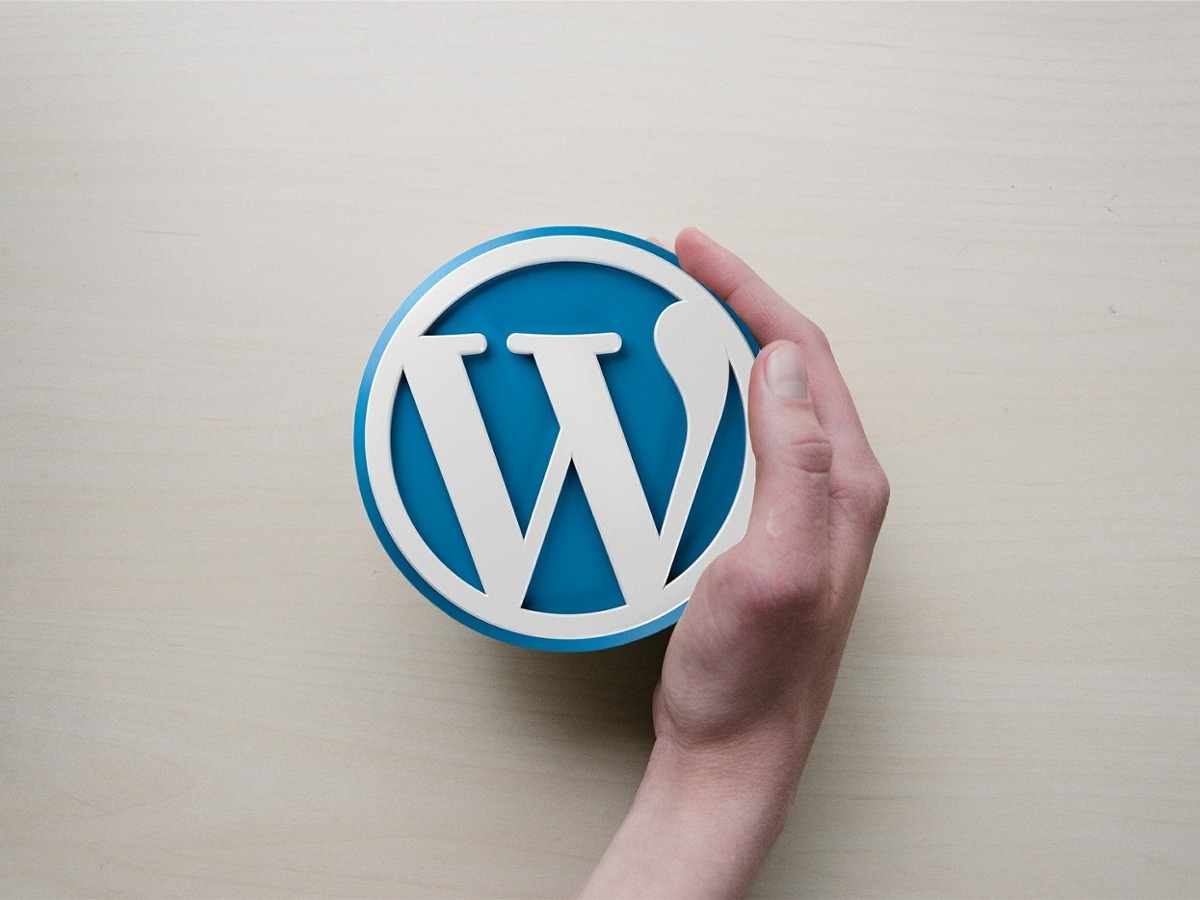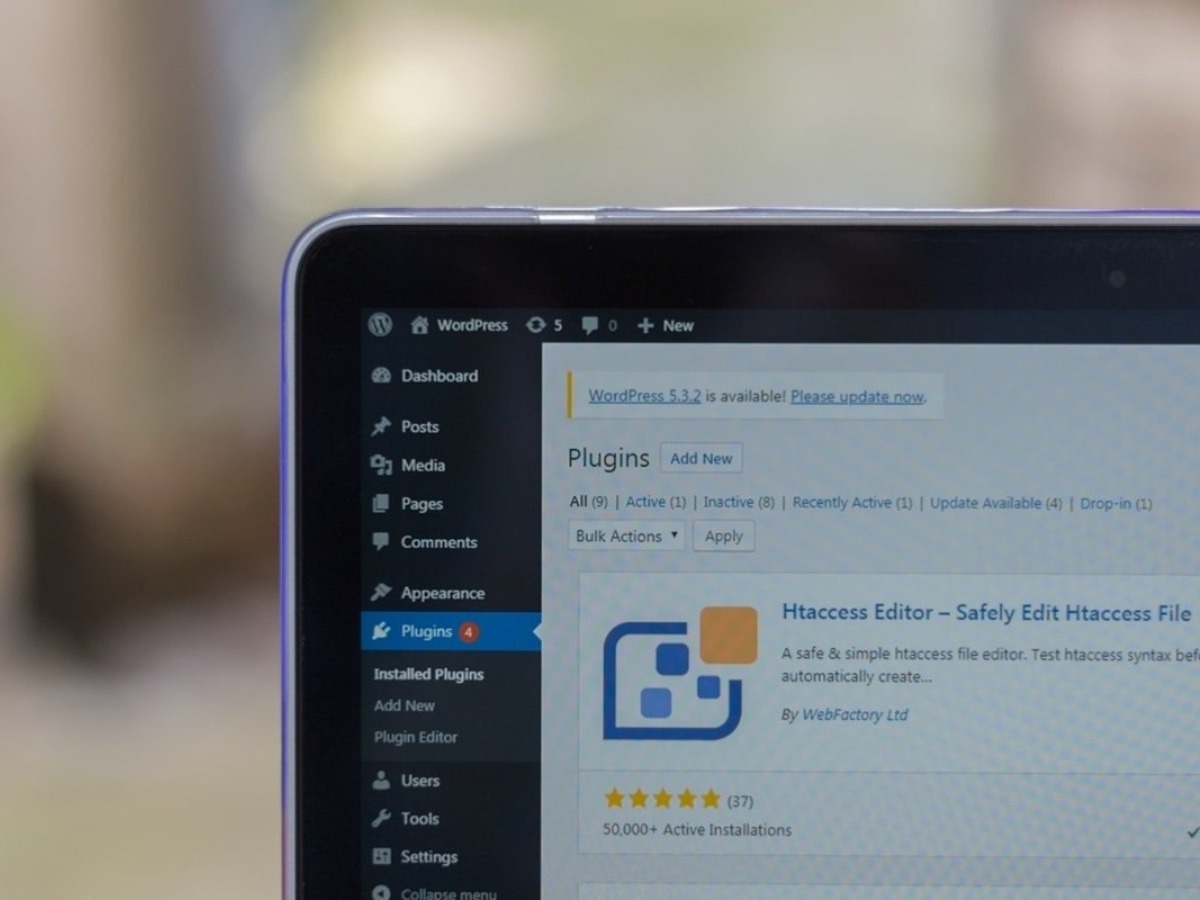How Can I Tell If My Website Is a WordPress Site?
We choose to use WordPress as our web development platform for most of our clients and recommend it to our solar dealers.

If your website is slow to load pages then that's a problem. The slower your website is, the more likely people are to abandon it before it loads - which creates friction for your solar digital marketing plan.
Improving the speed of your website can be a complicated process, and you need to consider a number of issues that could be affecting it. We share 6 of the most common reasons why your website could be slow.
High resolution images chew bandwidth while loading. Image backgrounds and website hero images are the main offenders, but all images on your site should ideally be optimised. You can scale them down after uploading them and change them into other file formats to adjust file size. For instance, the same image as a JPG file may be smaller than a PNG file. There are also image and video compression programs that strip extraneous information out of the file and make them more optimised for us on a website.
The most common bad example for video is video backgrounds on a page, or even embedded videos on a page. These elements on your website might look good, but if all they do is slow the site down it's not really worth it. All of this information adds to the time it will take to load the page.
This reason is by far the most common reason your site is slow to load. When you first start out, taking the low plan hosting option with a provider is sensible. It allows you to set up your website, update it, build traffic and start developing campaigns that lead people to your site. As your business grows, the trouble with lower cost plans is that they include your website on a shared plan - which means you'll be lumped with other small business and it's a first come first served basis in terms of how much data everyone uses.
A good website will optimise plugins and use features to enhance it, so it is wise to move off a shared plan. This will mean paying more for your hosting, but it provides improved speed and a much better user experience.
At XEN Solar we use and recommend WP Engine for WordPress hosting. It is a premium managed hosting option providing terrific performance for less than $50 a month. There others including Kinsta and Flywheel that are also excellent.
It's amazing to us that we find dealers using cheap, $9 per month hosting that is slow and difficult to manage, and they spend thousands each month on Google ads and Facebook ads - ie sending all that expensive, paid traffic to a slow website. And then wondering why people don't convert into leads!
Do your solar business a big favour and upgrade to excellent hosting. (Chat with us if you don't know how, or want us to take all that hassle off your plate.)
You may have installed too many plugins, or bulky plugins, which are slowing down your site. It's always attractive to have "more" in terms of features, but consider how many plugins you actually need. Some of the features that you need may actually be redundant, and you may find that some features are never really used.
Remove plugins that don't add value and maintain a manageable level so you can experiment from there. This is especially true with CMS solutions such as WordPress, in which plugins may not be entirely well-optimised. Also, always check that you have the latest versions of any plugins you rely on to ensure all features are optimised.
It's always attractive to have "more" in terms of features, but consider how many plugins you actually need.
If you've purchased a cheap theme to get up and running on your website, chances are it is not well organised and may also be a cause of slow loading. During the process of development, code can become "spaghetti." It may be messy and disorganised, and it may not even be readily apparent how it works. The more convoluted your code, the less likely it is to run quickly. Use trusted themes with good reviews and evidence of frequent and readily available support.
If your website caches too often, it's not going to be as effective. If your website caches too infrequently, visitors may not see new changes. Play with your caching times to determine the right caching style for your website.
Today, with more advanced caching, it's better to use inline files
CSS is the language programming on your website that looks after things like colours, fonts and sizing. Optimising the CSS is important. Merge your CSS files and cache them. When possible, use inline files rather than external files. In the past, the advice was the opposite, because external files could be cached and inline files could not. Today, with more advanced caching, it's better to use inline files — there are fewer files called.
A Content Delivery Network caches things like images for you and provides them with lightning-fast speed through faster servers. Content Delivery Networks can provide a number of benefits, ranging from caching to improved security. CDNs like Cloudflare are available for both personal and business use.
Tags, tracking scripts and pixels are all useful pieces of code that help you track activity on your website and assist digital advertising efforts (for instance, allowing you to re-target website visitors on third-party platforms). Each tracking script you add to your site is another HTTP request to those third-party servers. If you have enough of these loading every time someone visits your site, it could effect your website speed.
According to Pingdom, the average load time for the top 50 news websites was 9.46 seconds with trackers, and 2.69 seconds without.
Average load time for the top 50 sites was 9.46 seconds with trackers loading, and 2.69 seconds without.
The process of website optimisation is an on-going one, and there are a lot of factors you might need to look at. By exploring the above possibilities, you can reduce your website speeds, and improve performance.

We choose to use WordPress as our web development platform for most of our clients and recommend it to our solar dealers.

Your solar business is a physical business, bricks and mortar. You talk to customers, you go out to their homes or places of work and you support...

If you're looking to improve traffic to your website or social channels, there are a couple of easy wins solar dealers can put into action without...